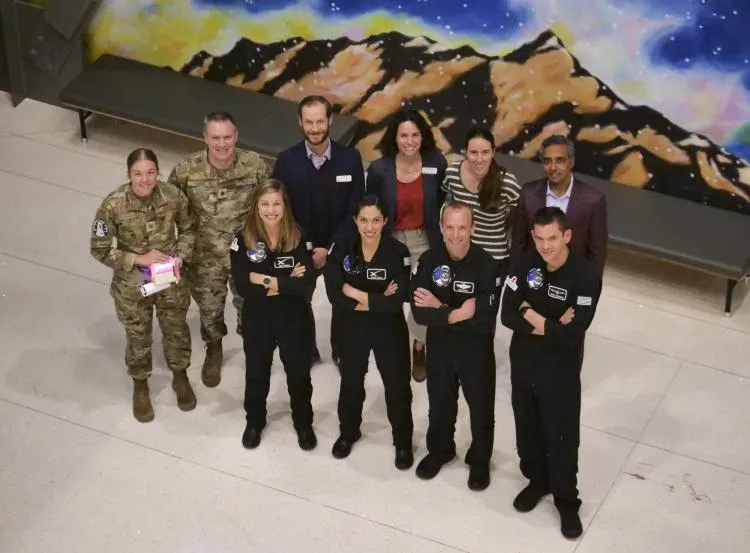Understanding Vision Changes in Space During the Polaris Dawn Mission

Exploring Vision Changes in Space
On the forefront of aerospace innovation, Colorado researchers are participating in the Polaris Dawn mission, an initiative aimed at studying the effects of microgravity on astronaut vision. Professor Torin Clark from CU Boulder is spearheading research to understand how space travel impacts visual perception and contributes to motion sickness among astronauts.
The Importance of This Research
- Investigating motion sickness and its effects on astronaut performance.
- Understanding vision changes in microgravity.
- Improving safety protocols for long-duration space missions.
The research aims to address crucial questions that could inform future space explorations. By analyzing vision changes, scientists hope to mitigate risks associated with long missions aboard spacecraft. This study not only highlights the ongoing challenges faced in space but also demonstrates the commitment of medical and aerospace professionals to ensure astronaut health.
For additional information on the Polaris Dawn mission and ongoing research initiatives, please visit the appropriate sources.
This article was prepared using information from open sources in accordance with the principles of Ethical Policy. The editorial team is not responsible for absolute accuracy, as it relies on data from the sources referenced.